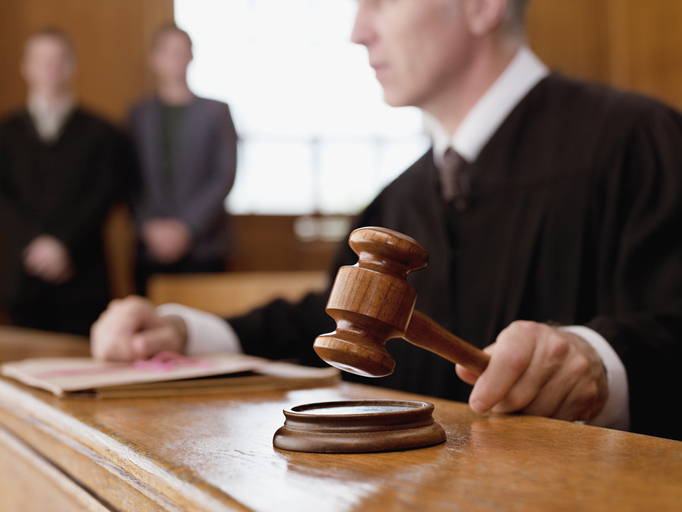Who’s who in court
There are lots of different people that work for the court and it can be confusing about who does what.
This content has been written for children and young people. If you’re looking for information for over 18s, visit our Going to Court information.
It can be helpful to know who will be at court and what their job is, so you know what to expect when you give your evidence.
We have explained the main roles of court official below, but it’s ok to ask your witness supporter on the day to explain who is who and introduce you.

